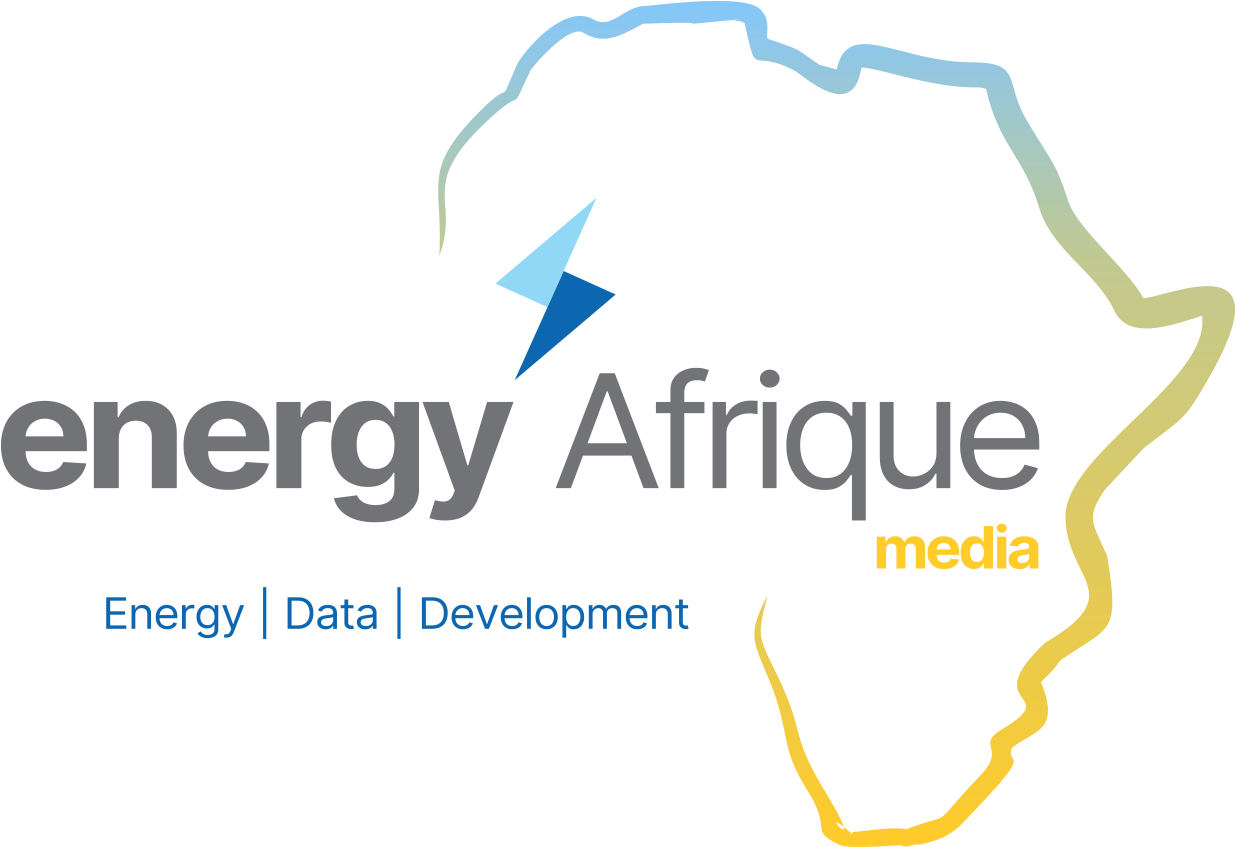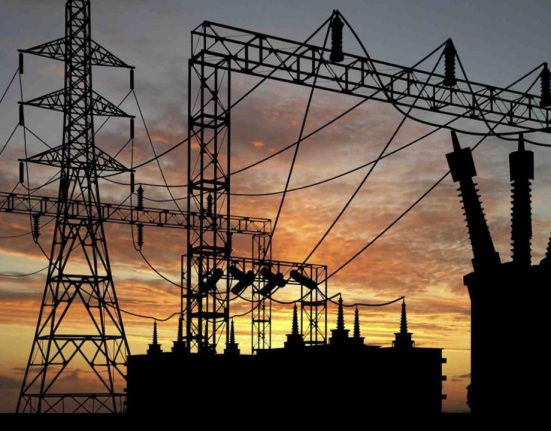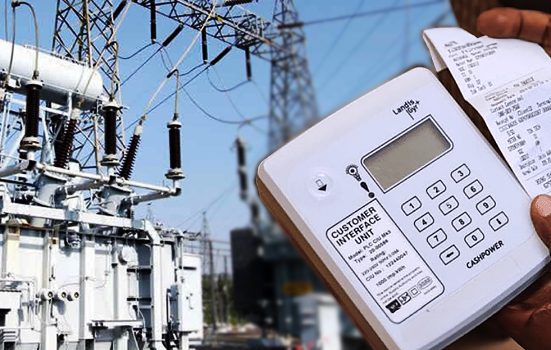Nigeria’s Minister of Power, Adebayo Adelabu, revealed the Government’s strategy to streamline the power sector into a unified structure from its present six-tier system within the next three years.
During a briefing in Abuja, organized by the Ministry of Information, Adelabu explained that the recent increase in electricity tariffs marks the beginning of a phased plan to eliminate subsidies in the sector.
He highlighted that the federal government has allocated nearly N2.9 trillion to subsidize electricity, noting that despite the tariff adjustments for Band A consumers, the government continues to subsidize 85% of the country’s electricity.
Adelabu emphasized the government’s commitment to a gradual subsidy withdrawal, aiming to mitigate any additional burden on citizens.
“This tariff adjustment aligns with our short-term policy to maintain subsidized pricing, transitioning over three years to a fully cost-reflective tariff,” Adelabu stated. He contrasted this approach with the full subsidy removal experienced in the oil and gas sector, underscoring the government’s sensitivity to public hardship.
Who Nigeria’s Electricity Tariff Hike Will Affect?
Nigerian Govt Hikes Electricity Tariff
The minister elaborated on the rationale behind starting with customers who already enjoy up to 20 hours of electricity daily, viewing this as a pilot scheme to test the transition from subsidized to full-cost pricing.
Adelabu also addressed the economic realities of running a business, stressing the necessity of cost recovery for sustainability. He noted the potential N3 trillion subsidy for the current year would exceed 10% of the 2024 national budget, highlighting the unsustainable nature of such subsidies given the government’s wide array of responsibilities.
With over 12 million registered electricity consumers in Nigeria, the recent tariff hike will impact approximately 1.5 million customers. The minister assured that the remaining 10.5 million would still benefit from substantial government subsidies until these are phased out gradually.
Adelabu argued that complying with the service level agreement, guaranteeing a minimum of 20 hours of electricity daily to Band ‘A’ customers presents a cost-effective alternative to diesel and petrol generators.
He compared the average cost of N450 to N500 per kilowatt hour for generator power to the adjusted tariff of N225, emphasizing the significant savings for consumers.








